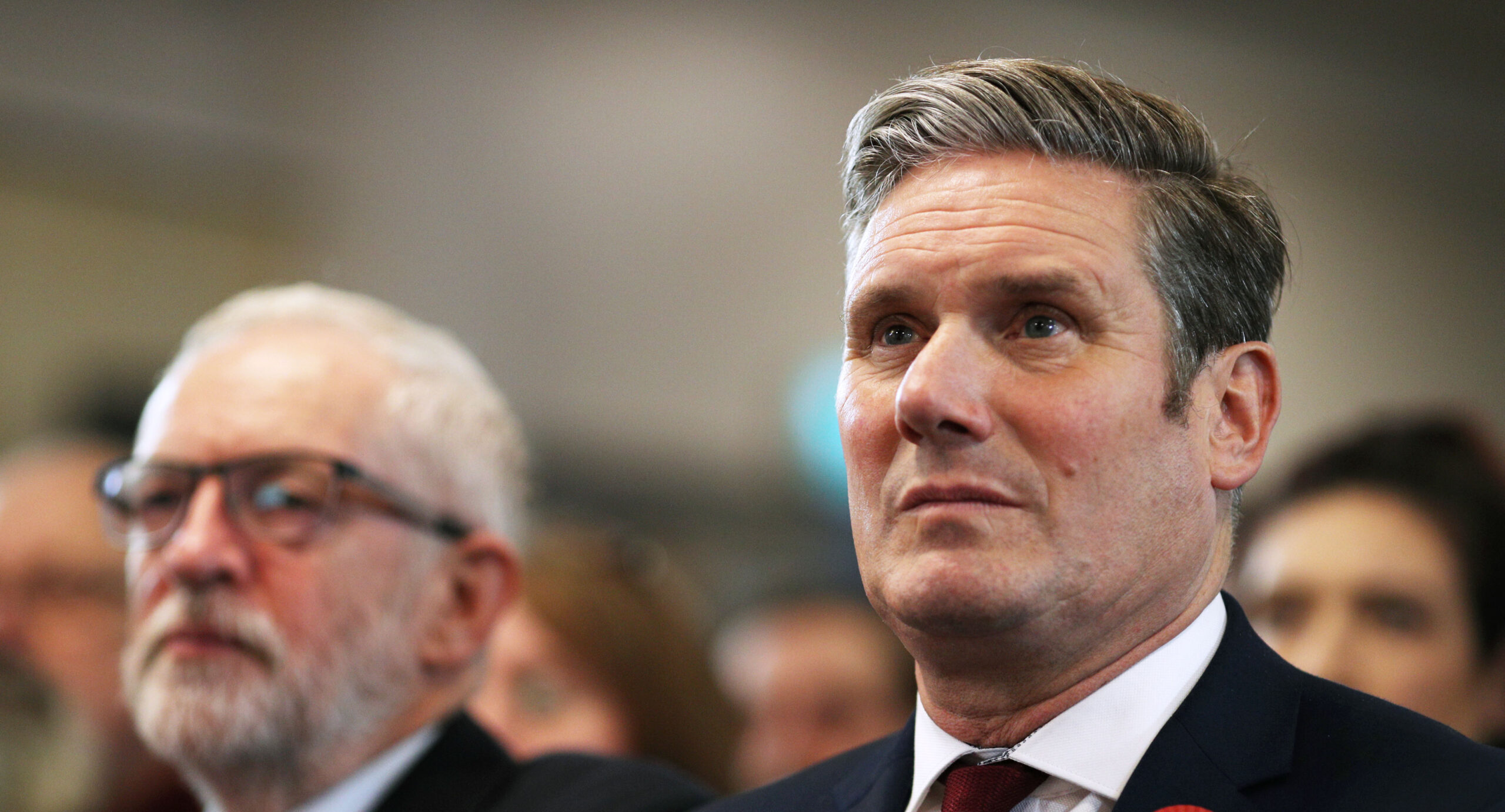It is one of the supreme ironies of recent years that, at the very moment Britain’s economic model — scarred by privatisation and outsourcing — comes apart, credible alternatives have disappeared from public view. Food inflation is now close to 20%, while companies such as Shell and BP report record profits. And while many see their living standards squeezed, the managing director of Harrods can openly admit that the “rich get richer” in a downturn. All of this should be fuel for the fire of socialist politics. Yet the two major parties look increasingly indistinguishable as they converge on issues like wealth taxes and public ownership.
There has, of course, been a stunning rise in industrial unrest — but for now this lacks electoral expression. On the contrary, one can argue that Jeremy Corbyn’s ban from standing as a Labour candidate, as well as Diane Abbott’s recent suspension, indicates the extent to which a project that came close to power in 2017 is now dead. The public may be scrambling for ideas after neoliberalism, but the Labour Left has already met its Waterloo.
And yet the results of last week’s local elections reveal little enthusiasm for Keir Starmer either. Of course, not every electoral triumph needs to resemble the euphoria of Blair or Obama: just ask Joe Biden. But there is a disconnect as both Starmer and Rishi Sunak race towards the centre, particularly on the economy, while the public yearns for change. Most Conservative voters support returning the Royal Mail to public ownership, while a majority of the public backs striking nurses and junior doctors. Yet such sentiments are routinely ignored in mainstream politics.
And so, from the embers of Corbynism, and a seeming ambivalence towards Starmer, an outline for the second half of the 2020s starts to emerge. In it, the Tories collapse — in the Red Wall to Labour and across their own heartlands to the resurgent Liberal Democrats — while the Greens emerge as a serious party across much of England. The principal beneficiary, at least in the short term, would be a centrist Labour government with little or no parliamentary majority. Indeed, yesterday Starmer left open the possibility of a coalition with Ed Davey’s party.
Under such circumstances there would be three forces steering Starmer in a more progressive direction — none of them from the party’s Left. The first is the presence of alternatives, namely the Lib Dems and the Greens, which would extract more concessions from a Starmer government than any dissenters in the parliamentary Labour party. After all, Starmer can’t withdraw the whip from Layla Moran or Caroline Lucas. If such forces are intelligent and self-interested, any deal would focus on electoral reform and tuition fees — two wedge issues of almost spiritual significance among Labour members, but which Starmer has little time for.
Secondly, the managerialism of the Labour leader may quickly prove inadequate given the scale of the challenges confronting him. With a large majority this would be mitigated, but in a coalition it presents a challenge. Ideas, particularly radical ones, can provide a momentum of their own. The vehicle for those is likely to come from thoughtful “soft Left” politicians such as Miatta Fahnbulleh, the party’s candidate in Camberwell and Peckham, and Faiza Shaheen, who is looking to win in Chingford.
Finally, large parts of the electorate which are critical in electing a Labour government are well to the Left of the shadow cabinet on issues like housing and public ownership. They may not be especially political, and were generally supportive of Starmer becoming leader, but there will be immense pressure on Labour MPs, particularly in large cities, to address the housing crisis. If that fails to happen, a deluge of voters, particularly those under 50, will quickly go elsewhere.
So there is still great hope for those causes the Left holds dear. But they are unlikely to find much leadership from within the Labour Party, with a few exceptions. Just as Brexit did for Corbyn, opportunism by other parties — on tuition fees, housing and proportional representation — could be Starmer’s downfall. The Labour leader’s biggest problem could be the quiet radicalism of simply expecting him to solve problems. After all, no prime minister has done that for quite some time. For now what seems likely, particularly given the resurgence of the Liberal Democrats, is that electoral reform is a necessary precursor for more socialist MPs.











Join the discussion
Join like minded readers that support our journalism by becoming a paid subscriber
To join the discussion in the comments, become a paid subscriber.
Join like minded readers that support our journalism, read unlimited articles and enjoy other subscriber-only benefits.
Subscribe